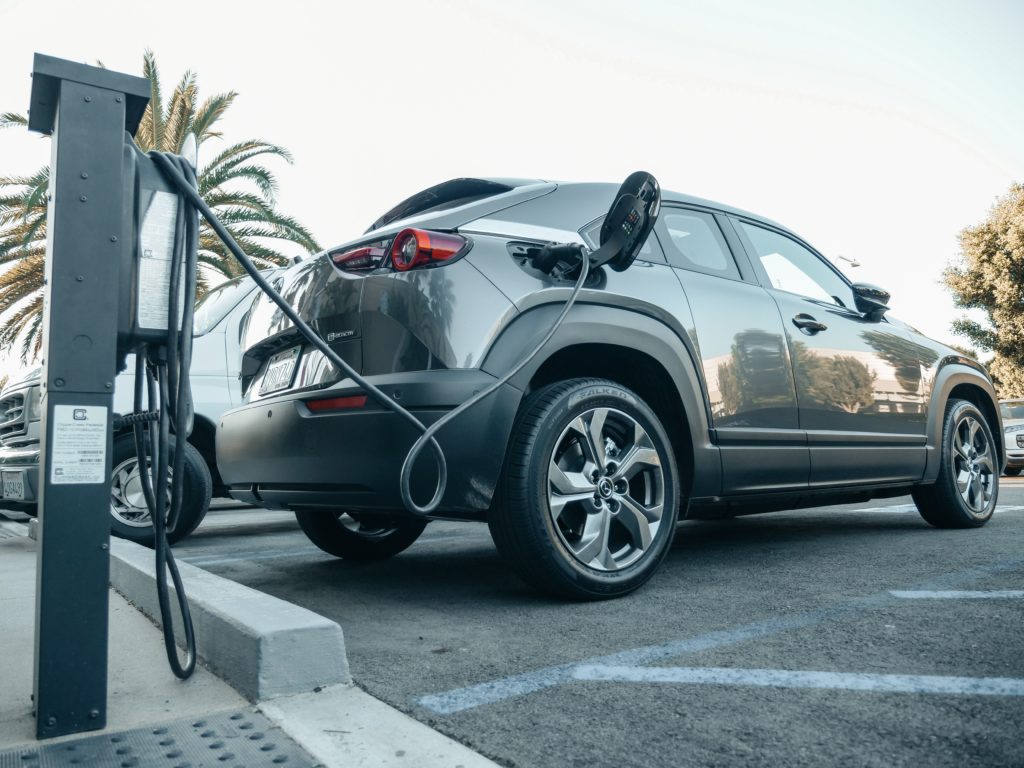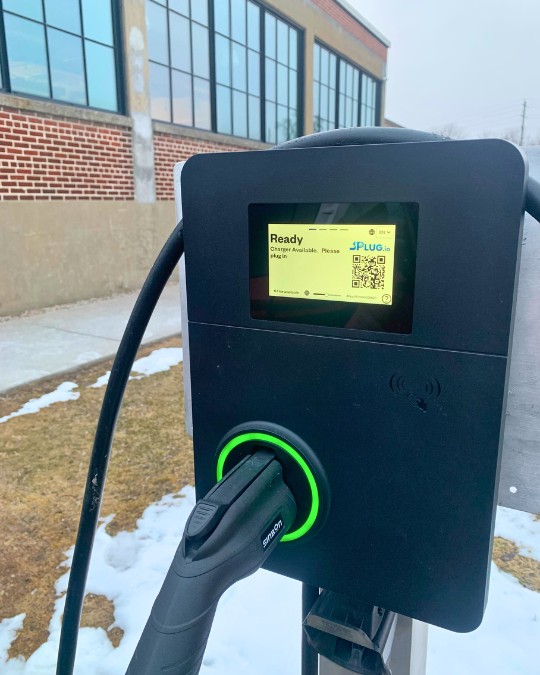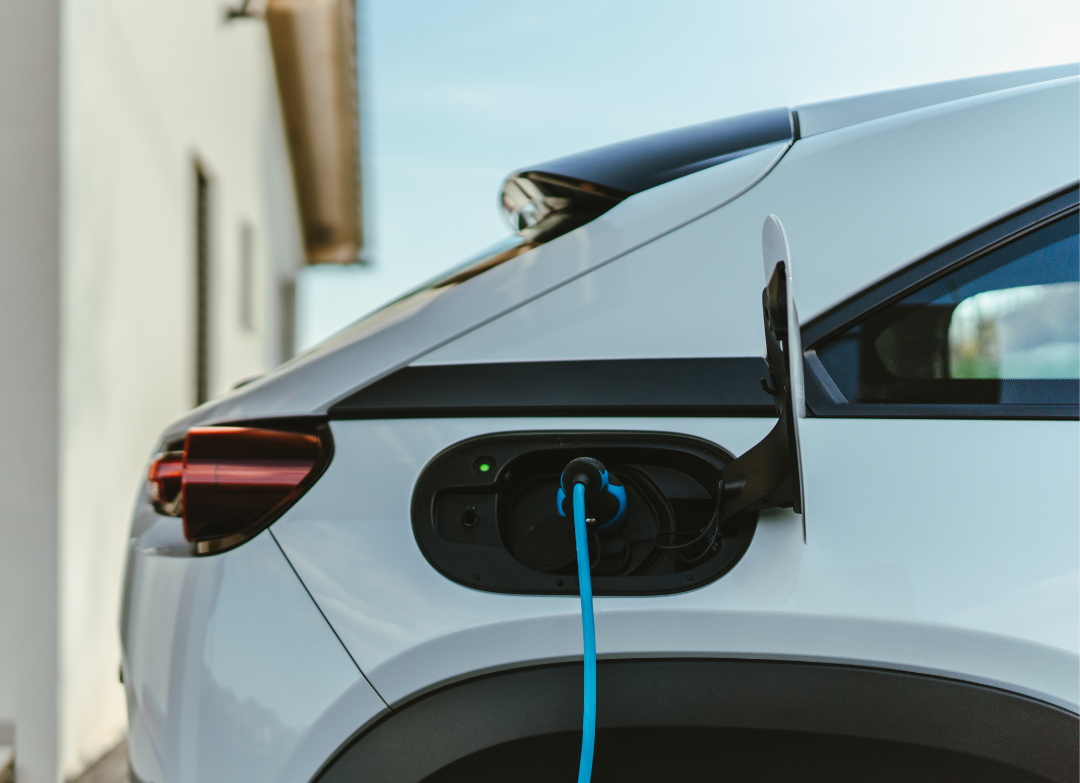The answer is very simple. It costs the same as everywhere, and it is not that much! So in this post we will cover how to estimate how much does it cost to charge an electric vehicle (EV) in a Condo, we’ll provide the equations and explain the input data that we are going to use.
The simplest and fastest approach is to determine your car’s battery energy capacity “C” (in kWh) and then multiply it for the cost of electricity obtained from your electric utility company. But this is not the correct way to do it because, as you can imagine, you won’t be charging your car from 0% to 100% every time. But, let’s start with this simple concept.
So,
![]()
![]()
For example; the standard battery size of the Hyundai Ionic 5 is 58 kWh (kilo Watt-hour) and this value can be found online or in the car’s user manual. The cost of electricity in Ottawa, ON can be obtained from the Hydro Ottawa site or from one of your utility bills. The Mid Peak cost is 11.3 cents per kilo Watt-hour [c/kWh].
Therefore, the cost to charge the Ionic 5 from 0 to 100% is:
![]()
![]()
![]()
This is very affordable right? And we will go even lower!
As you may be thinking right now, the kWh (kilo Watt-hour) is the unit that will replace liters (or gallons in the US) once when we all migrate to electric mobility. The same way as internal combustion engine car’s fuel economy is expressed in liters per 100km (L/100km) (or Mpg in the US), an electric car’s “electricity economy” or efficiency is given in kilo Watt-hours per 100km (kWh/100km). The later allows us to estimate the cost of charging an EV more accurately since it takes into account the distance travelled with a given amount of energy stored in the battery.
The same as we do not put gas in our cars everyday, we won’t need to charge our cars everyday. Full electric cars (EVs) offer hundreds of kilometers of range (The Ionic 5 in this example has over 350 km). According to this research, an average driver in Canada travels 60km or less per day leaving tons of range available for several days of commute. Canadians drive 15,200 km per year on average according to some of the most popular insurance companies.
Therefore, to better estimate the cost of electricity consumed by an EV on a year we multiply the distance travelled “d” in a year times the efficiency or energy consumption of the car per km times the energy cost. The Ionic 5 has a combined efficiency of 169 Wh per km.
![]()
![]()
So,
![]()
![]()
![]()
And if you only charge at night off-peak hours at 8.2 cents per kWh;
![]()
![]()
![]()
Divide this by 12 to estimate how much you consume every month;
![]()
![]()
We hope that this guide helps EV owners living in condominiums and other multi family dwellings that still do not have an EV Charger that measure the exact consumption negotiate the how much to pay for the electricity you consume. Check out our blog about Benefits of Installing Electric Vehicle Chargers in your Condo for more information.
There are more refined ways to estimate the energy consumption that take into account weather conditions, load on the vehicle, etc. But this is a good starting point to understand how much you are spending and saving by going all electric 😉

Equations Powered by QuickLatex


